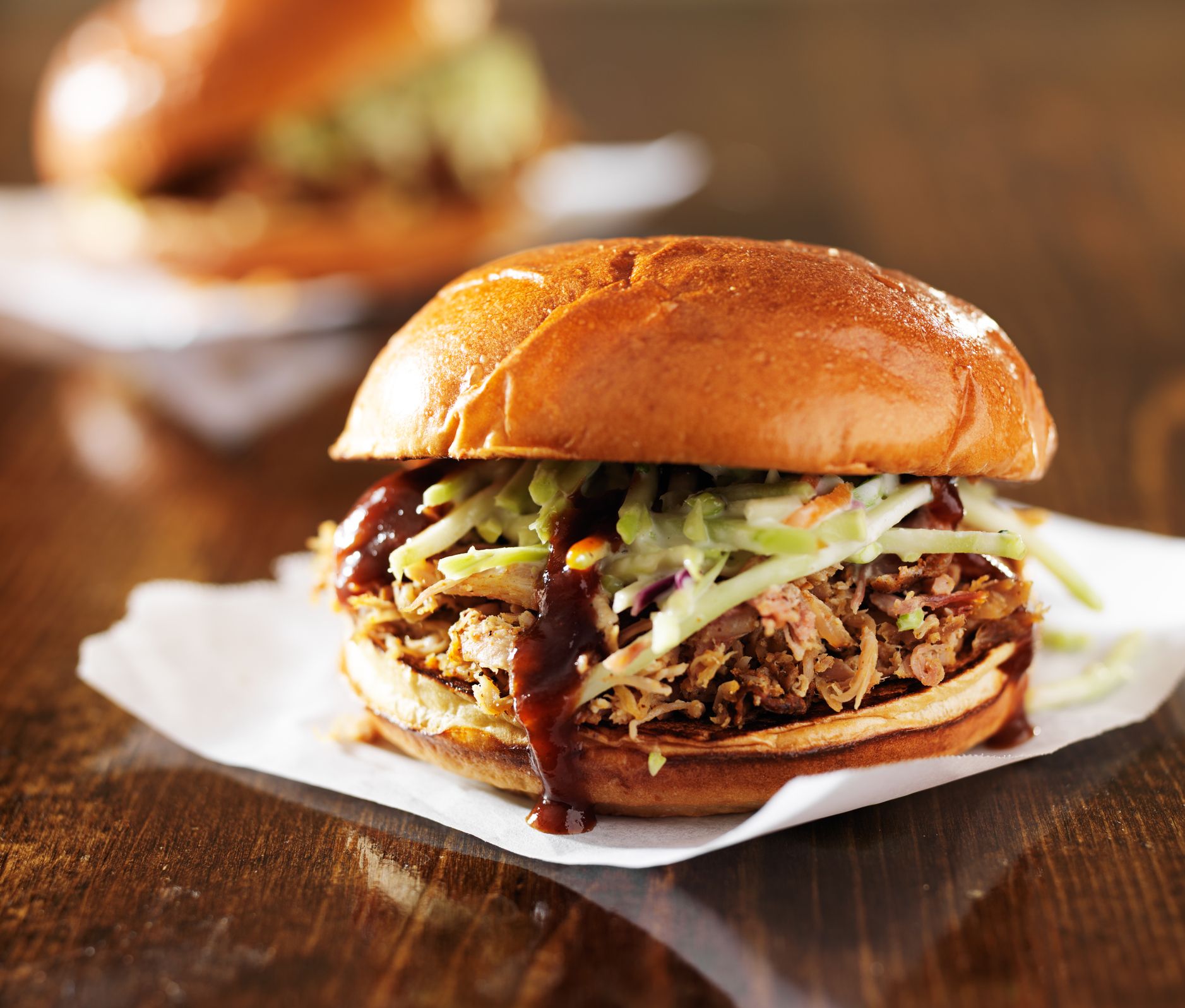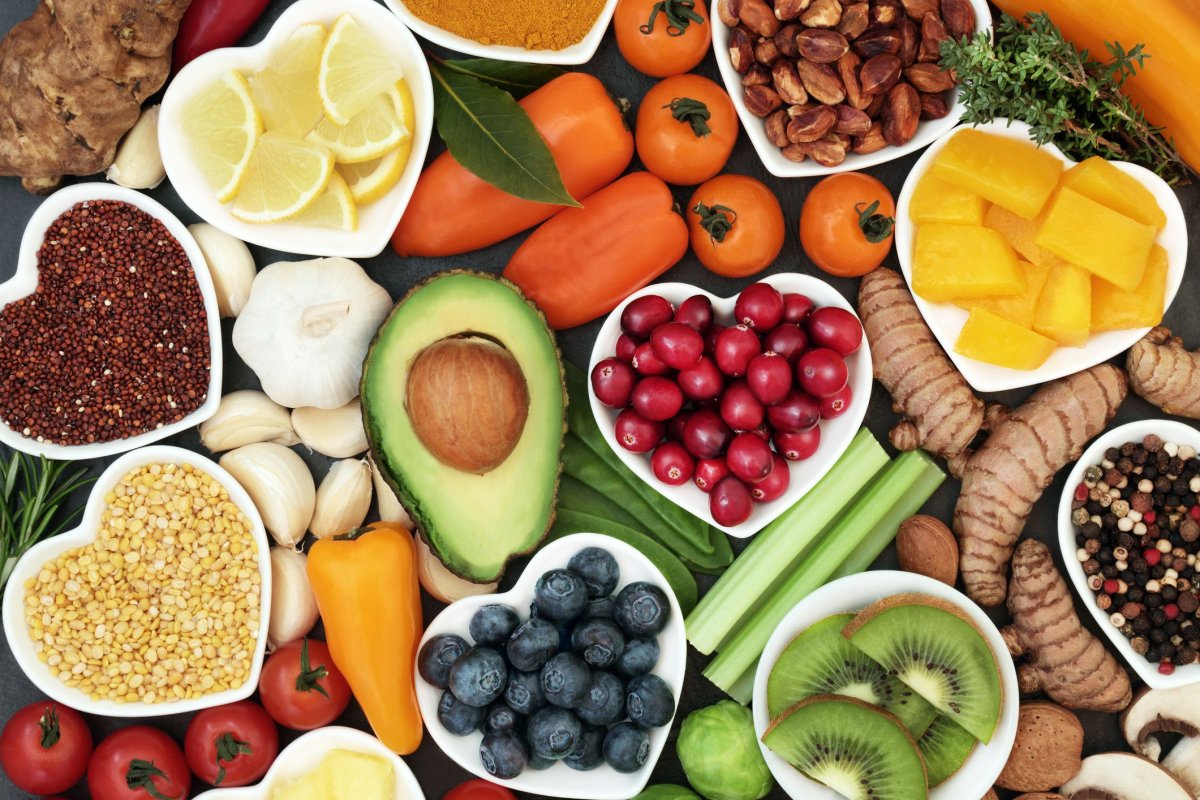
There is a huge disparity in high blood pressure rates among black and white Americans, and scientists believe Southern food may partly explain why.
Southern cuisine heavily features fried foods, offal and processed meats, egg and egg dishes, added fats, high-fat dairy foods, sugar sweetened beverages, and bread, according to researchers at the University of Alabama at Birmingham
Heart disease is the biggest contributor to the lower lifespan on average between black and white people in the U.S.. To discover why, scientists investigated high blood pressure rates in African American and white populations.
The resulting study published in the journal JAMA found African-American people were more likely to eat Southern cuisine. And items like processed meats including country ham, cornbread and egg dishes washed down with sugary drinks were found to be the most potent contributors to higher rates of hypertension.
George Howard, the lead author of the study and a chair of biostatistics at the University of Alabama at Birmingham School of Public Health, told Newsweek: "This difference in the prevalence of hypertension is immense.
"In our national study of people over age 45, about 50 percent of whites have hypertension compared to about 70 percent of blacks. That is huge. We think that changing this difference is...the 'holy grail' of disparities research," or at least one of them, he said.
The team gathered data on almost 6,900 men and women ages 45 years old and over across the U.S.. for almost a decade who were part of the Reasons for Geographical and Racial Differences in Stroke (REGARDS) cohort.
The team drilled down on 12 social and clinical factors that could explain rates of hypertension: education level, income, BMI, adherence to a traditional Southern diet, the ratio of sodium to potassium in one's diet, waist circumference, exercise levels, depression, and stress.
Related: Coconut oil is "pure poison," says Harvard professor
Of the total participants, 46 percent of black people developed high blood pressure. During the same period, 33 percent of white volunteers were diagnosed with the condition.
The Southern diet appeared to explained 51.6 percent heightened risk of high blood pressure in black men, and almost 30 percent of risk in black women, the researchers found.
However, Howard pointed out it can be tough to untangle the many variables that can lead a person to have high blood pressure.
"It is impossible to guess at which component of this dietary pattern is the 'silver bullet,'" he said. "Rather, it could be all of the foods eaten together. The combination of a high sodium diet with excess calories from fat and sugar and limited beneficial foods containing antioxidants, vitamins and minerals probably creates the perfect storm to make this diet less healthy."
The study adds to past research that linked the diet to cancer, stroke, coronary heart disease, kidney disease, as well as cognitive decline.

"It is interesting that diet more than being overweight was the biggest contributor to the racial disparity in hypertension. This suggests we consider interventions to increase healthy foods in the diet while minimizing fried foods and processed meats," he said.
As with all scientific work, the study has some downfalls and the results aren't as watertight as the researchers hoped. Only around half of the participants returned for the follow-up tests: one-fifth died, and a further 30 percent withdrew. However, Howard said the team accounted for this shift "and it does not appear to be a major concern, however, we cannot be sure of this."
Kristen Kizer, a qualified dietitian who was not involved in the research, told Newsweek she was struck by how diet was more important than any other factor.
"We've known since the 1990s when the original DASH (Dietary Approaches to Stop Hypertension) study came out that diet has a big influence on blood pressure. The DASH diet promotes high fresh fruit and vegetable intake, lean meats, and whole grains, none of which are particularly plentiful in a Southern diet."
"One of the next steps would be looking at why one follows a traditional Southern diet and what other influences are present on dietary habits," she said. "Diet is very cultural and very personal, and is impacted by taste preferences, availability of foods, familiarity with certain foods, cost, convenience, nostalgia, emotions and motivation levels around health."
Alice H. Lichtenstein, a professor of nutrition science and policy at Tufts University who did not work on the study told Newsweek: "The most important take home message from this finding is the factor [high blood pressure] can be improved by lifestyle modification."
Lichtenstein advised the public to stick to a diet pack with a range of vegetables, fruit, grains (at least half of which are whole grains), fat-free or low-fat dairy products (e.g., milk, yogurt, cheese, and/or fortified soy beverages), and a variety of protein foods (e.g., seafood, lean meats and poultry, eggs, beans, nuts, seeds, and soy products).
Using liquid plant-based oils for food preparation (e.g., soybean, canola, corn and olive) was also important, she said. She concluded: "Avoid excess salt intake by limiting the use of processed foods and preparing more foods at home."
Uncommon Knowledge
Newsweek is committed to challenging conventional wisdom and finding connections in the search for common ground.
Newsweek is committed to challenging conventional wisdom and finding connections in the search for common ground.
About the writer
Kashmira Gander is Deputy Science Editor at Newsweek. Her interests include health, gender, LGBTQIA+ issues, human rights, subcultures, music, and lifestyle. Her ... Read more
To read how Newsweek uses AI as a newsroom tool, Click here.








